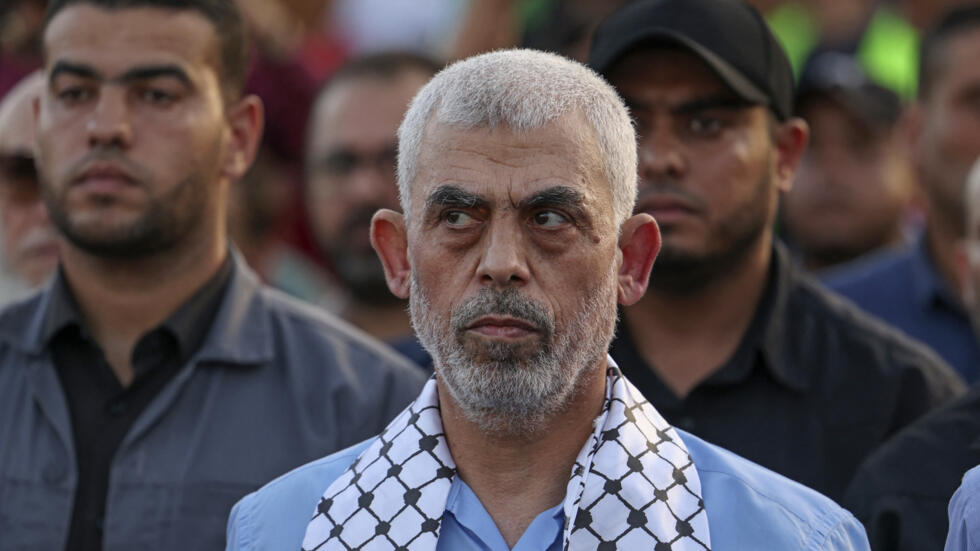In a bold and defiant move, Hamas has appointed Yahya Sinwar as its new leader in Gaza, marking a significant shift in its leadership strategy and signaling its ongoing commitment to resistance against Israel. Sinwar, known for his hardline approach and close ties to Iran, has been instrumental in orchestrating Hamas’s military operations and has now risen to the top leadership position following the death of his predecessor.

Yahya Sinwar, a long-standing figure within Hamas, has been a key architect in strengthening the group’s military capabilities. His selection as the new leader of Hamas’s political bureau was announced on Tuesday, following the death of Ismail Haniyeh, who was killed in an explosion in Tehran last week. Hamas attributed Haniyeh’s death to Israeli actions, although Israel has not confirmed its involvement.
Sinwar’s rise to power is likely to provoke further tensions with Israel, as he has been placed at the top of Israel’s kill list since the October 7th attacks. These attacks, which he masterminded, resulted in the deaths of 1,200 people in southern Israel and the taking of approximately 250 hostages. His appointment underscores Hamas’s readiness to continue its confrontation with Israel, even after 10 months of relentless military action in Gaza.
The Israeli military has responded strongly to Sinwar’s appointment. Rear Admiral Daniel Hagari, an Israeli military spokesperson, stated in an interview with Saudi-owned Al-Arabiya television, “There is only one place for Yahya Sinwar, and it is beside Mohammed Deif and the rest of the October 7th terrorists. That is the only place we’re preparing and intending for him.”

Sinwar’s leadership represents a consolidation of power within the Gaza Strip, with the Qassam Brigades, Hamas’s military wing, taking a more prominent role in directing the group’s activities. This shift highlights the growing influence of military leadership in Hamas’s strategic decision-making, especially as the group continues to resist diplomatic efforts and peace negotiations.
Yahya Sinwar’s selection as Hamas’s leader follows a turbulent period marked by intense conflict and strategic maneuvering. Sinwar, who spent time in self-imposed exile in Qatar before 2013, has been a pivotal figure in Hamas’s military planning and has played a crucial role in negotiations over cease-fires in Gaza, involving key international players such as the U.S., Qatar, and Egypt.
Despite these diplomatic engagements, Sinwar has consistently maintained a hardline stance, advocating for continued resistance against Israel. His leadership is expected to further entrench Hamas’s militant position, potentially complicating efforts to reach a peaceful resolution in the region.
Sinwar’s appointment comes at a time when Hamas is grappling with internal and external challenges, including maintaining unity among its ranks and navigating complex geopolitical dynamics. As the situation evolves, Sinwar’s leadership will be critical in shaping the future direction of Hamas and its role in the broader Israeli-Palestinian conflict.



